|
On most people’s bucket lists is visiting an exotic location or a Michelin-starred restaurant. The Michelin guidebook has been luring hungry travellers to fine dining establishments for over ninety years. Michelin invokes the feeling of being transported to the annual Academy Awards, a billionaire playground, or a chance to meet a celebrated MasterChef. Visiting one or more of these restaurants worldwide is a pleasure and a panic! Why? Being confronted with different types of cutlery, glasses or a modernistic table setting. On the outside, you may be smiling, but hell has broken loose on the inside. Here is a succession of tips and tricks to keep you looking like-you-know-what-you-are-doing and looking sophisticated while you dine. How Does Michelin Dining Work? Restaurants such as Sukiyabashi Jiro, Tokyo, Japan or Talula’s Table, Pennsylvania, USA, are so heavily booked that there is a waiting period of months, not days, for your reservation. Today many restaurants will have an online or call-in service to book a table. Do this in advance rather than chancing it and turning up expecting a table is magically made available for your party of five. Just remember, if you are with Lady Gaga, perhaps a table will be whisked out of nowhere and placed in the best part of the restaurant. A good restaurant in the booking phase will ask about allergies, most importantly. Address staff by their name– famous author Dale Carnegie stated that “a person’s name is to him or her the sweetest and most important sound in any language.” Why not use your maître d’ and server's name to get that extra service? When someone uses my name, I feel elated and want to go out on a limb for that person. Adding to the ambiance, dressing appropriately for fine dining shows respect for the establishment and the experience. It doesn't have to be stuffy suits and ball gowns every time. However, aim for a polished look. The key is to look put-together and avoid overly casual attire like ripped jeans or t-shirts. Remember, feeling confident in your attire allows you to fully relax. What is Luxury Dining? A casual dining restaurant generally will be a large room or two, and upon entry, you will pass an exposed cash register with the kitchen behind and a restroom not too far away. Purpose-made restaurants will have an entrance where the maître d’ will meet you with a cloakroom and a small reception desk as you walk in. Casual dining, you will be seated straight away with a drinks order taken; conversely high-end dining, you may start your journey at the bar and given a menu to peruse before being escorted to your table. Once seated, in your casual dining experience you may be confronted with paper serviettes neatly squeezed into a stainless dispenser. Nothing shouts ‘luxury’ as a crisp, starched linen napkins! Once seated swiftly take the napkin from the place setting, unfolding without showing other diners you have attended ‘Running Of The Bull's’ in Pamplona, Spain, sliding it on your lap with the crease facing your stomach area. Your server may give you slices of bread or rolls. This is not the time to fill yourself up on bread and butter or make a sandwich. A good restaurant will have a plate relegated for this crusty item. The etiquette for bread is that it should never leave the plate instead of breaking bread as you butter each piece with your fingers, which is the only time to handle food without cutlery. Silverware should be used correctly when dining in casual or high-end restaurants. For flawless service, your server should pair the correct silver to your selected menu. If you have chosen steak, a steak knife will accompany. Crab - seafood pick, oyster – an oyster fork will be added to your setting. To Michelin Or Not To Michelin How does a restaurant become listed in the Michelin Guidebook? A team of inspectors book anonymously and follow a comprehensive list of topics from the client to the culinary experience. After the field test, these incognito inspectors gather to present their findings as well to consider who will be awarded a Michelin Guide star rating: One star: A very good restaurant in its category. Two stars: Excellent cooking, worth a detour. Three stars: Exceptional cuisine, worth a special journey. Sorting Out the Sommelier Many start hyperventilating and want to hide under the table when a sommelier walks by, believing that the restaurant has employed them to upsell. Fine dining establishments will have trained wine professionals whose only job is to, advice and serve on the wine selection. Next time you dine, why not test out your sommelier's knowledge and give them your guidelines to what you enjoy and meet in the middle? Researchers have discovered that a glass's shape can enhance the wine's aroma and taste. Glasses created for red wines are usually more giant bowls to help oxidise the wine at room temperature. White wines have a smaller bowl for the oxidation to happen at a slower rate. The champagne flute assists in keeping the bubbles from escaping. Always hold the steam at the bottom away from the glass bowl to keep your wine from heating up. Suppose you are wearing lip balm or lipstick, it’s advisable to keep drinking from one area rather than leaving a ring of makeup for fellow dinners to view. The recommendation is still water between courses to neutralise your palette in readiness for the next class and pairing. For a more detailed wine glass guide, go to Riedel. Differences Between Casual and High End Dining The chef’s pride and joy is the menu; it is the culmination of blood, sweat and tears of practice, experience and know-how presented in several ways: full course menu, menu degustation with an accompanying wine menu. Smaller restaurants serve all year-round menus without many changes. Those reaching for perfection choose seasonal produce, variety and creativity. A fine dining situation, staff dressed in crisp white or black (to blend in) will be trained to flawlessly explain each dish if asked. Menus can come in all ways of presentation, laminated, and with all the paper real estate taken up. Top-notch chefs will think about the menu layout, dish description, and cooking technique with a suggestion of wine paring, finishing it with sleek minimalism. I have seen many different ways diners have handled a menu, such as the ‘FBI secret service’ look, where diners ensconce themselves behind the whole menu or use it as a fan and wave to staff to get their attention or bend right over as though looking through their uncles ‘last will and testament’. The right way is to prop the menu on the table's edge while reading. It will be the same method as placing your wrists, not your elbows! When your food is plated, chefs can go to extraordinary lengths to get the plating and presentation ‘right’. With casual dining, it’s a case of the ‘Yotam Ottolenghi’ style plating. How will you handle your plate if there are bones or pips? You place this neatly in the upper left-hand part of your plate, keeping the rim food-free so your server can handle your finished dish without it flying out of their hands onto the manicured floor. Hollywood has immortalised the scene where a customer in a restaurant chastises the server, and staff go running scared, bending backwards to keep the client happy. Today it's a different story, there are many ways to be 'heard'. Most immediate complaints, such as discovering an unknown object in your food, just catch the eye of your server and explain quickly and politely for a replacement meal. If you feel the need to provide 'feedback' to the restaurant, please send an email. You never want to end up as the food critic in a deleted movie scene in 'Burnt' featuring Bradley Cooper. As the owner and chef, he calmly folds up the tablecloth and takes away all plates, drinks and food in front of uptown clientele, telling him to apologise and go elsewhere! Ouch!! Key Takeaways
In the Michelin Guide you will find many restaurants that challenge the way you view food including the way you eat it to enhance the dining experience. Many chefs transport you for a few hours to table that is laden with new and modernistic implements and plateware such as Restaurante Andreu Genestra in Majorca, Spain, using farm tools to serve food or Ultraviolet in Shanghai, China employing multi-sensory technology whilst you eat. The best way to know how to use these fancy items is to research….stalk like you would stalk a new-years sale. Look at photos on Instagram, Google, use the hashtag. The internet is littered with trillions of photos and you will soon see what to do, making you look like a pro.
0 Comments
Who would have thought that the beloved tradition of afternoon tea, often credited to an English duchess, actually originated in the sophisticated Parisian salons of the 19th century? This delightful custom, now enjoyed globally, traces its roots back to a Russian socialite whose influence extended far beyond her elegant gatherings.
Tracing the History of Afternoon Tea Tea as an afternoon meal, is thought to have originated in 1837 in the house of Mme. de Circourt, a Russian lady, whose salon in Paris was at that time much frequented by the most intellectual society of day. The fashionable dinner hours were then getting late, and she introduced a 4 o'clock light meal, at which tea was served, creating the custom in Paris of afternoon tea. It was later that Fanny Kemble in “Records of a Girlhood” attributes the introduction of the afternoon meal in England, to Anna, the then Duchess of Bedford. From “Notes and Queries” 1882— On Afternoon Tea - “In a sketch of Comte de Circourt, by Hubert Saladin, the salon of Madame de Circourt comes prominently before us as one of those frequented by the most intellectual society of Paris in 1837. A reviewer in the Revue Britannique for this month suggests that to her (she was a Russian) we are perhaps indebted for the first 5 o’clock teas.” K.H.B. Biography of Madame de Circourt Madame de Circourt, was born Anastasie Klustine, in Moscow in 1808, to Simon Klustine, an officer of high rank in the Russian army, and the Countess Vera Tolstoi. Intelligent and a natural at linguistics, Anastasie spoke fluent Russian, German, French and English by the age of 16. Her educational studies included religion, ethics, metaphysics, botany, and music, but her health was described as delicate. Subsequently, at the age of 18, with her mother, she travelled to Montpellier, Pyrenees and then to Paris to convalesce. ‘It was in Paris during the winter of 1826-27 that she made the acquaintance of Count Adolphe de Circourt’ and they soon married. Her later life, and the popularity of her Parisian salon, in which she entertained the most intellectual of society, was covered in author Count Nigra’s book, “Count Cavour and Madame de Circourt: Some Unpublished Correspondence.” It was in her salon that she started the custom of serving afternoon tea, prior to the Duchess of Bedford doing so in England. Closing Remarks The tradition of afternoon tea, a beloved ritual enjoyed worldwide, finds its origins in the elegant Parisian salons of the 19th century. While often attributed to the Duchess of Bedford in England, historical evidence suggests that Madame de Circourt, a Russian socialite residing in Paris, was the true pioneer of this custom. Her intellectually stimulating salon, frequented by the era's elite, served as the backdrop for the introduction of a light, 4 o'clock meal accompanied by tea. This sophisticated practice subsequently gained popularity in England and beyond, evolving into the cherished tradition we know today. Madame de Circourt's influence extended far beyond her social circles. Her intellectual pursuits, linguistic prowess, and cosmopolitan lifestyle contributed to her role as a cultural influencer, solidifying her place in history as the originator of a timeless social custom. Article Published: Etiquipedia.blogspot.com People often ask why etiquette is necessary and its benefits, especially in our modern era. Some may argue that manners are outdated and belong to their grandparents' time. However, etiquette is never out of style. It evolves and adapts to suit our contemporary lives. At its core, etiquette comprises guidelines for politeness and respect, reflecting how we wish to be treated by others.
Etiquette establishes positive behaviours both socially and professionally. It embodies our cultural values, ethical principles, and the norms of our families and social circles. It helps us demonstrate respect and consideration, boosts our confidence, and provides the assurance that we have acted appropriately in any given situation. This, in turn, makes us feel more comfortable. Additionally, etiquette can protect others' feelings by preventing the highlighting of their mistakes. It emphasises communication, breaking down barriers rather than building them. In the workplace, proper etiquette enhances our skills, showcasing us as capable professionals and leaving others with a positive first impression. In today's busy world, many people miss out on being taught proper etiquette. I t doesn't come naturally; it requires practice. This practice starts at home, extends to our workplaces, family, and friends, and eventually to strangers. Over time, it becomes second nature and a highly admired quality. The Nine Benefits of Etiquette
In Summary Adhering to the principles of etiquette can help us navigate social and professional landscapes more smoothly, fostering better interactions and relationships in all aspects of life. These days, popular social media sites are more full of dirty laundry than your local dry cleaner and laundromat combined. Wouldn’t it be great if A thru Z-list celebs had their own White House-type press secretaries to deflect questions and tell us all to disregard which dirty laundry we read on social media and the more salacious of news’ sites? And then, of course, tell us which we “should” believe?
And whose “truth” holds the actual facts when someone trashing the in-laws while airing the dirtiest of laundry, exclaims proudly that it is “her truth” or “his truth?” Airing dirty laundry has practically become an international sport. It was so prevalent at the Paris Olympics last month, some of those airing it should have been given medals! But then again, they should have also been ashamed of themselves. Unfortunately, scurrilous examples could have used a crackerjack press secretary for actions, reactions and events which ended up in the media as meaty clickbait and videos or reels of gossip-mongering. Examples include the duo nicknamed the “Temu Royals” on social media. They never stop airing dirty laundry, and thankfully it is not reciprocated by the other side of the bubbles. How about the hours spent discussing the inevitable split of those two once referred to as ‘Bennifer”? Or the laundry bubbles bursting onto the scene in the aftermath of the P. Diddy arrest? Or the tamer soiled laundry of the late-Matthew Perry, who wrote in his tell-all autobiography about a long ago make out session with a then married Valerie Bertinelli, aka Mrs. Eddie Van Halen? The Language Council of Singapore described the idiom ‘airing of dirty laundry’ as “ a metaphor, stemming from the embarrassment one would feel if others saw the clothes, sheets and towels that needed washing. In addition, if the owner did not feel embarrassed, the witnesses would be. This works the same way for humiliating or extremely private family secrets that should not be talked about in front of others.” We can use the centuries-old metaphor for the aforementioned modern examples that have played out on television and social media. Do we need to know about what the ‘nanny’ said? Do we want to know your thoughts about a particular boyfriend that your ex is dating or revealing intimate details in a book? My next question is hopefully a thought-provoking one…what does this say about you? Perhaps it was a need to make money for the writer and publisher alike; leaking these details helps you in the legal case that will be made in the non-distant future, or it just ‘feels good’ to express emotion? Maybe! For those that don’t have a PR team at our disposal, we can use these tips before putting things on social media:
One of the best examples to date is how the House of Grimaldi, otherwise known as the royal family of Monaco, dealing with the absence of Charlene, Princess of Monaco, from royal duties and life for a short period from the beginning of 2022. A quick and brief statement gave general insight but did not mar the monarchy's reputation. Bravo, and well done. We all can channel Sarah Huckabee Sanders, former political spokesperson, first in a long line of press secretaries for the Trump administration and the governor-elect of Arkansas. She battled the White House Press Corps and supposed “dirty laundry” being brought into the White House Press Corps room like a knight wielding his sword, or even a high-tech laundromat at which the dirty laundry is scooped up and cleaned without a trace, playing down the constant barrage of political mishaps with obsequious comments deflecting from what was really happening. Article Published: Etiquipedia.blogspot.com Public speaking is serious business for politicians. Where did it go wrong for President Macron and former immigration minister Peter Dutton?
The Advertiser stated in September 2015, while attending the Pacific Island Forum hosted by Papua New Guinea, “Noting that a meeting to discuss refugee resettlement was running a little late.” Mr Dutton joked that it was on “Cape York time,” to which Prime Minister Abbott responded, “We had a little of that up in Port Moresby.” A media blunder. In May 2018, French President Emmanuel Macron called Australian Prime Minister Malcolm Turnbull’s wife “delicious.” Unfortunately, the two leaders’ conversation was lost in translation. Delicieux can also mean delightful in French. It’s worth noting that the Australian and French media outlets addressed this media blunder in very different ways. According to France 24, “Australia’s prime minister said on Thursday that his wife was ‘flattered and charmed’ to be described as ‘delicious’ by President Emmanuel Macron, a compliment that has sparked lighthearted speculation during the French leader’s first official visit.” The full-page cover of the Sydney-based Daily Telegraph featured Macron’s head superimposed with the French-inspired lothario comic ‘Pepe le Pew.’ The two opposing views on the French president resulting from one speech gaffe are intriguing. Speaking to the media, at events, and in other capacities is part of the job of a CEO, minister, or governor. Leaders in government or business receive intensive training to represent their organisations, specialising in different types of communication and interacting with the media. Delivering key messages, anticipating questions, crisis management, learning to be in control, body language, video production, answering questions diplomatically, and avoiding common pitfalls such as journalist tricks and hard-hitting questions are all part of training. It only takes one lousy interview to ruin your reputation. Did the leaders’ reputations suffer as a result of their mistakes? No, they all reacted quickly, thanks to their media training. Perhaps some etiquette awareness training would have prevented the headlines. Did Macron’s team conduct cultural research on Australian culture and check for translational issues? Could the former Australian ministers have used cultural awareness as a guide and remembered Ronald Reagan’s fate with a microphone in the 1980 election debate? Yes, the answer is unequivocal. Article Published: Protocol Today |
AuthorElizabeth Soos Archives
March 2025
Categories |
|
CONTACT US Submit Your Enquiry |

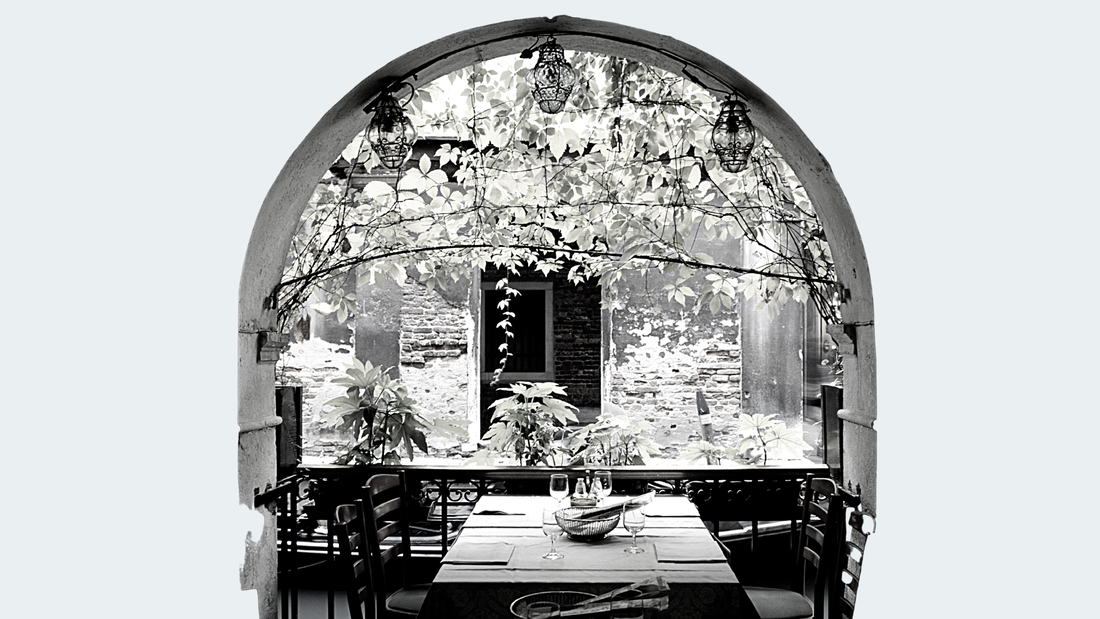
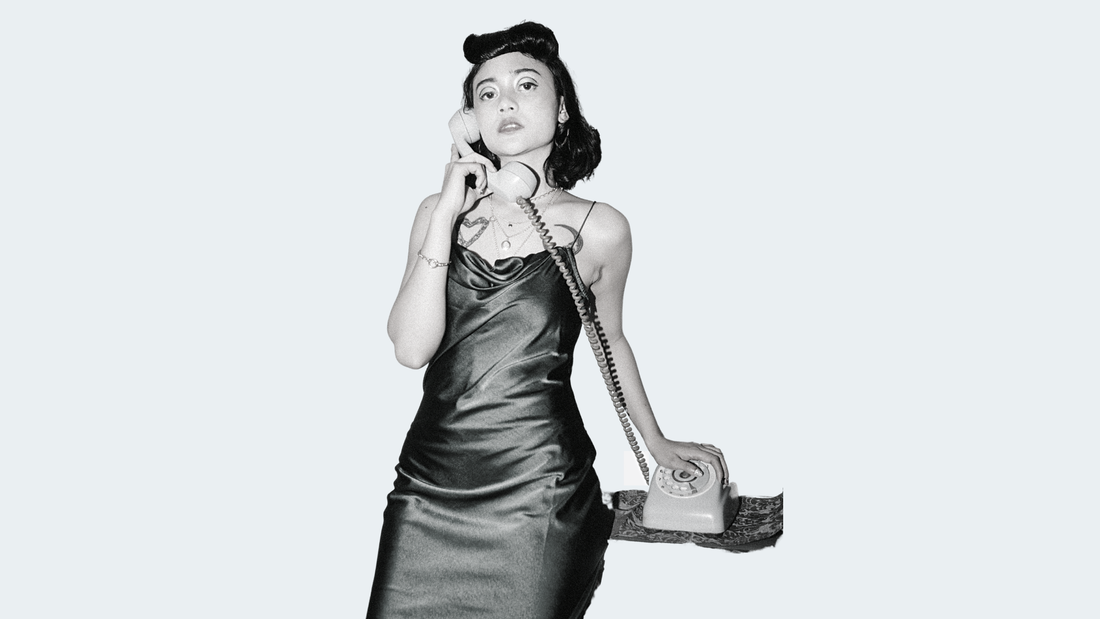

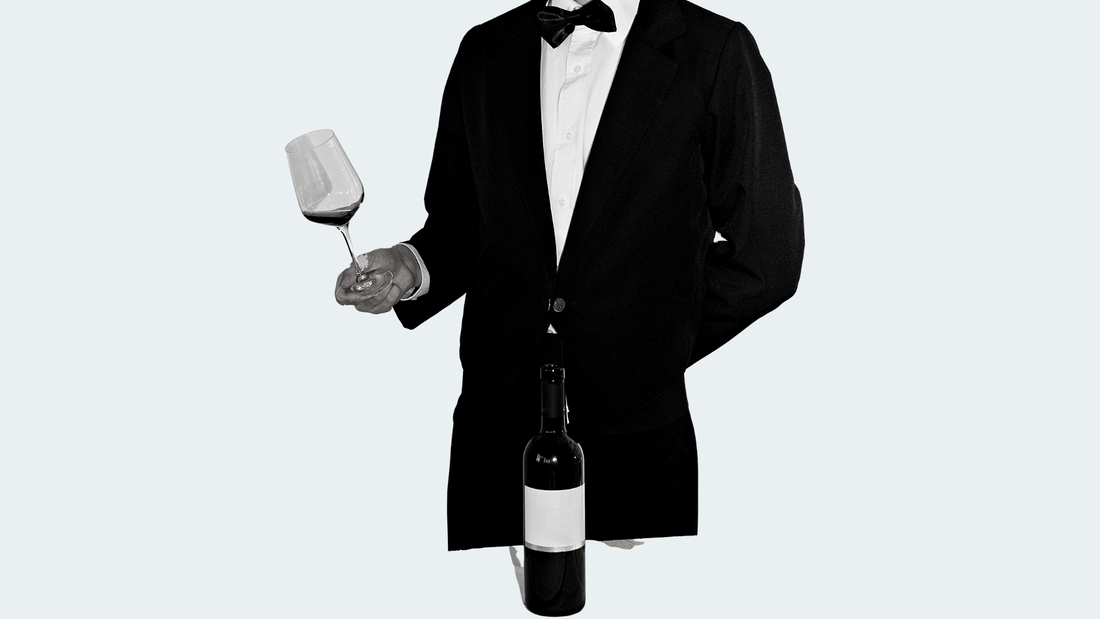
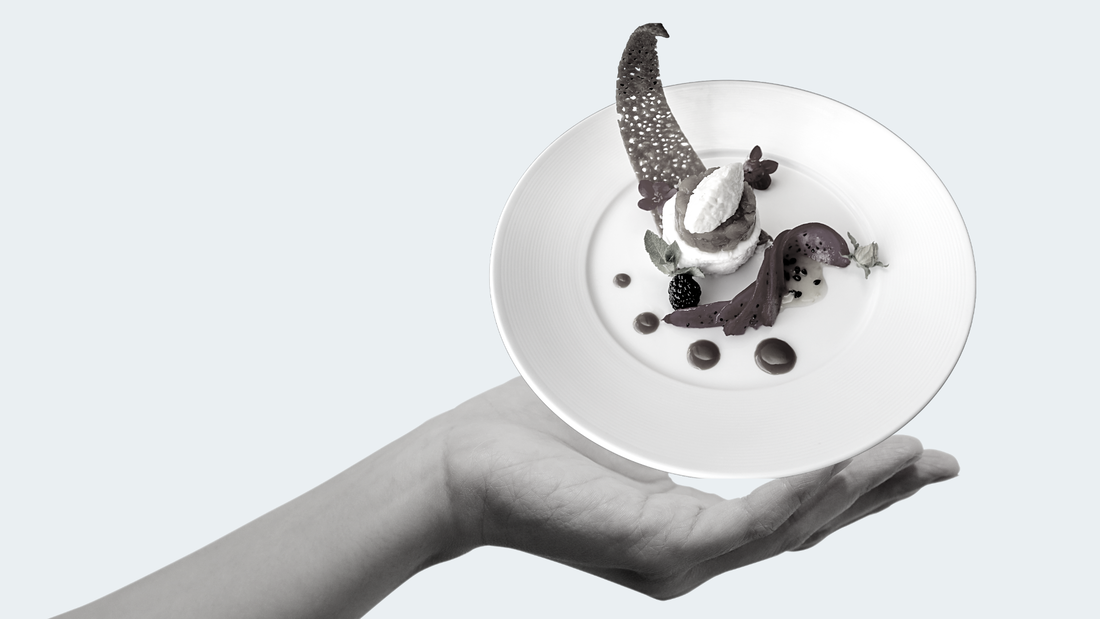
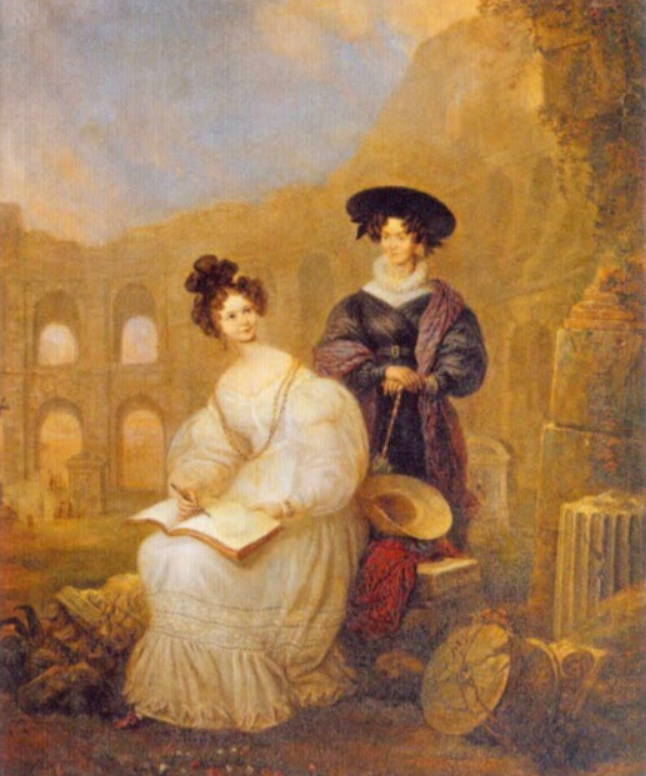



 RSS Feed
RSS Feed

